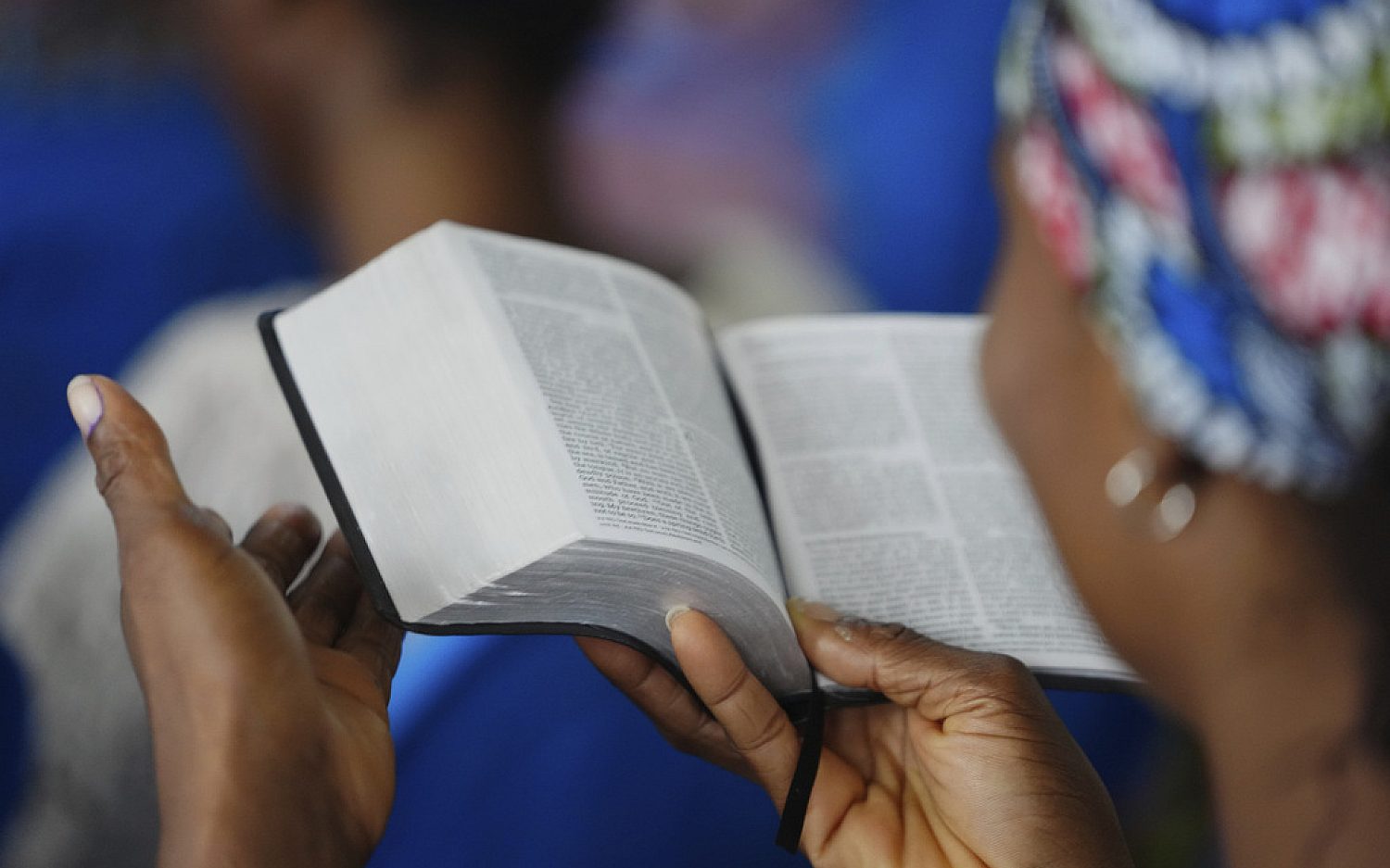Minor modifications
HHS releases changes to contraceptive mandate, still requires coverage from objecting religious nonprofits
After almost a year of delays, the Department of Health and Human Services released proposed changes to the contraceptive mandate on Friday—changes that turned out to be more tweak than transformation. The agency mostly adopted the regulations it proposed last March, which provide no real accommodation to religious nonprofits.
The regulations still require insurance policies for religious nonprofits to cover contraceptives, sterilization, and abortion-inducing drugs. HHS said it would accommodate religious organizations by requiring insurers to provide the mandated coverage to employees separately, for free, without charging the nonprofits for it. Religious organizations dismissed this proposal last year as an accounting shell game that didn’t solve their objections.
The new regulations do expand the religious employer exemption from the mandate slightly: church-affiliated organizations now can be completely exempt from the mandate. They do not have to provide those drugs and services to their employees. Previously, only churches were exempt.
The new regulations came in a Notice of Proposed Rulemaking (NPRM), which means they are on the verge of becoming final. Typically, agencies issue a NPRM, then allow a period of comment before adopting the final regulations. The period of comment for the contraceptive mandate regulations ends April 5. The agency could continue to delay a final rule by asking for more information after April 5, but courts have asked the federal government to hurry up with this particular regulation.
On Friday, HHS officials said they expect to adopt a final regulation for religious nonprofits by this summer. Up to this point, courts have thrown out most of the lawsuits brought against the mandate by religious nonprofits because the exemption wasn’t finalized.
Alliance Defending Freedom’s Matt Bowman, a lawyer handling a number of the cases against the mandate, described the proposed “accommodation” as an “accounting gimmick.” He said it was “insulting to the intelligence—and the freedom that religious employers receive under the law.”
Even the reporters on a conference call with two HHS officials on Friday seemed bewildered by the proposal. Almost every question focused on how insurance companies would provide contraceptives to women for free.
“Who is paying for for it?” one asked. “Who is subsidizing this?”
“I’m still confused about how the rebate would work,” said another.
Most confusing is how the proposal would work for religious organizations that self-insure. In those cases, HHS has said a third party administrator would see to it female employees receive contraceptive coverage from another insurer at no cost.
Last March, HHS released an Advanced Notice of Proposed Rulemaking (ANPRM), which laid forth the proposals the agency adopted in the NPRM released Friday. At the time, religious nonprofits dismissed that proposal, saying the money for contraceptives must come from somewhere and employers were the ones providing payment for coverage.
“We’ve listened to the concerns of religious organizations and other stakeholders,” said HHS official Chiquita Brooks-LaSure, speaking to reporters Friday. “This dialogue will continue as we work toward the final rule … insurance companies, not churches or other religious organizations, will cover contraceptives.”
Catholic Health Association, which was a chief religious ally to President Barack Obama in his healthcare reform push, initially supported the ANPRM last year, but after studying it for a few months came out in opposition.
"The exemption in the final rule is narrower than any conscience clause ever enacted in federal law and reflects an unacceptable change in federal policy regarding religious beliefs," CHA wrote at the time in a letter to HHS. The new proposal's slight expansion of the religious exemption may be designed to soothe CHA, which had asked for an exemption for “other ministries of the church.”
On Friday, CHA said in a statement, “We look forward to studying [the proposed rule] in relation to our members’ expressed concerns and sharing our assessment of the changes.”
“The exemption was slightly expanded,” acknowledged Bowman. “Still most religious nonprofit groups aren’t exempt. They’re denied religious freedom. That’s not acceptable. All Americans are guaranteed religious freedom, not just churches.”
The regulations don’t address the concerns of for-profit religious business owners at all. Religious business owners’ lawsuits against the mandate have found success so far in court.
An actual newsletter worth subscribing to instead of just a collection of links. —Adam
Sign up to receive The Sift email newsletter each weekday morning for the latest headlines from WORLD’s breaking news team.





Please wait while we load the latest comments...
Comments
Please register, subscribe, or log in to comment on this article.